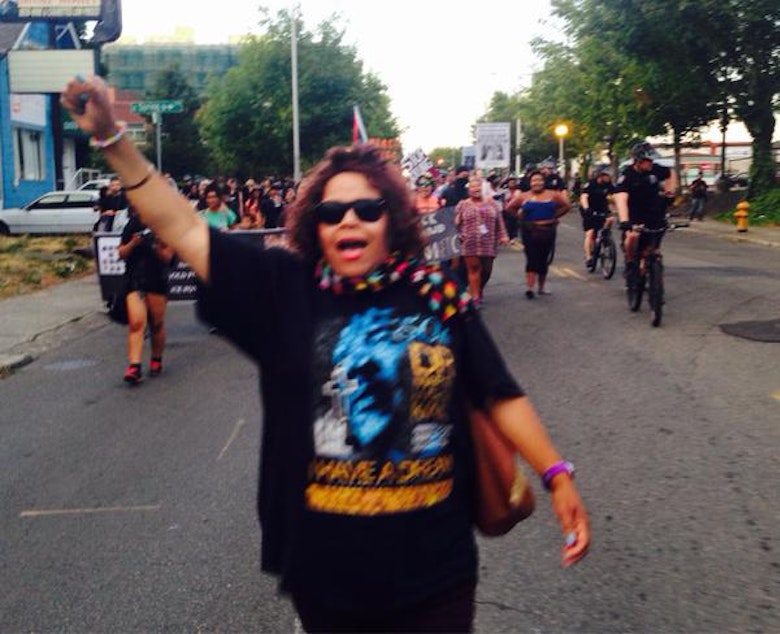Four things an anti-racism trainer thinks white people should know

When Reverend David Billings started giving anti-racism trainings in the 1980s, he said many people "just didn't see it." But he said that's not the case today.
While structural and cultural racism remains entrenched in the U.S., Billings see a growing awareness by whites of their privilege and their role in combating the problem.
Below are four of his main talking points.
1. Increasing diversity isn't the answer to racism. You still have to address the racism.
“There are still those who would rather use terms like 'diversity' and 'multiculturalism' rather than racism. But we maintain that the word racism and how it is defined in history is the pertinent issue.
Sponsored
"We've always been a diverse nation, but diversity is more about makeup. It's more about the various groups of people that might be an organization or some other types of institutions, versus racism, which has been a part of this nation's fabric since the beginning of the nation.”
2. It takes more than one class to understand racism.
“There are a lot of us that will do a workshop or take a course and we feel, 'Well, we've done it. That's it.' — and move on with our lives.
"It's going to take much more than that. We have to be curious about this country and its origins. Why did we construct a race-focused nation?"
3. Stop being so defensive about white privilege.
Sponsored
"Most people realize it's a lot easier to be white. We need to understand the history of white people. When did it happen, why it happened, and how it continues to create these divisions in society.
"This is not easy, but we need to stop being so defensive when the subject comes up, even when we feel like we're being unfairly blamed or singled out. We need to quit being so defensive and dedicate ourselves to understanding more about what's being said.”
4. Don't stop fighting for equity.
“We've got to be resilient. We've got to stay together and continue to raise our voices and continue to to build an institutional response to these things that can change just by people going into the streets. That's one aspect of a much larger movement that has to be created."
The interview has been edited for length and clarity.
Sponsored
Billings is a community organizer and trainer with The People's Institute for Survival and Beyond. He's been active in anti-racism work since the 1960s and grew up in McComb Mississippi, where he still lives today. Billing's new book is "Deep Denial: The Persistence of White Supremacy in United States History and Life."
He will be giving several public talks in Seattle:
- February 7, 6:30-9 p.m., Kadima Reconstructionist Congregation
- February 8, 12:30-1:20 p.m., Seattle University, Pigott 103
- February 12, 10 a.m. discussion; 11 a.m. sermon plus post-service discussion, Plymouth Congregational Church

